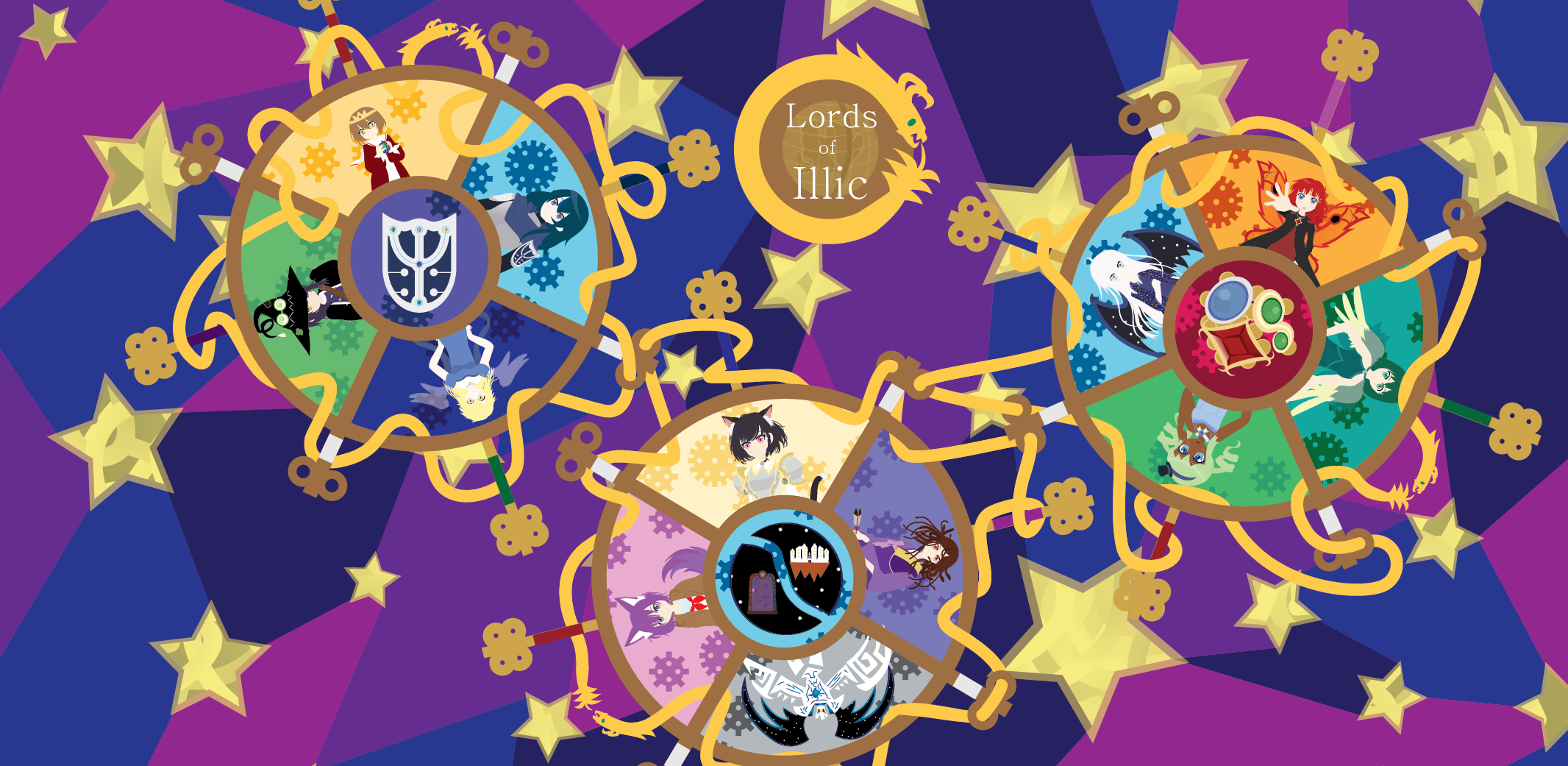Issues and Stories
In the process of preparing to finish development in Lords of Illic, I have been cleaning up issues on my board. This has made me think about what kind of issues are helpful and which are not. I use a Jira board, but it could just as easily be a real life white board. My current system is to encode my issue in a one sentence statement and put it either TO DO or if it is a more optimistic issue I put it into the STRETCH column I added. What I have found is that:
- If you can’t sit down and complete an issue it won’t get completed
- The stretch column is just a place to put issues I don’t want to deal with
- Nothing ever moves from the stretch column
- There are a lot of issues in To Do which should be in stretch
The net result is an issue board which has a lot on it, allowing older less important issues to get lost in issues that will never even be completed. So where did I go wrong? I was watching a recent Dave Farely video which reminded me of user stories. They are something I have known about for a while now, but not something I think I really got before. Evidently as I have been thinking of the items on my board as “issues” rather than as user stories. At work I use a git board which tracks issues and is more suited towards longer term discussions, something which is unavoidable if multiple people are collaborating over a long period of time on an open source project. It also has some advantages at work when I am working on a difficult project as it allows me to document the steps which get me to the solution so I can consider what works and what doesn’t. Even there I have found that having long term issues gets in the way of finding any information I want about what I have tried.
So here comes user stories. A user story is about finding the smallest unit of value you can add to the user and describing it succinctly. My rule of one sentence issues was because of user stories and I believe it helped. The problem was that I was adding things like “Add an objective system” in my stretch column. That is a lot more than the smallest unit of value!
Now to be fair I was planning on splitting that up into multiple issues when I got to it. The real problem was that I was never going to get to it. I would instead generate smaller issues which I could tackle and so I would do those. So I have moved these issues into a brainstorming document. It records my ideas and gives them the correct format for exploring those ideas. As I have been trying to polish Illic to a finished state these ideas probably won’t get implemented - in Illic at least. But they can serve as solid ideas for my new project. Since I will be working with them in mind from the start, I can accommodate these ideas from the start. No more living in refactoring hell as I try to bend Illic into doing things I hadn't dreamed were possible when I started.
The other advantage of doing this is it makes me realise that these issues were clogging up my board and that I was a lot closer to finishing Illic than I thought. More so since I have moved from a mindset which intended to extend how long I could work on my game to a mindset of how I can improve what I have the most. It is a massive reframing and it is helping me actually enjoy working on Lords of Illic. I still have some mixed feelings about what will end up on the cutting room floor, but I think it is for the best that I let Illic be what it is and move on. (Once I've gotten a bit further of course).
Until next time.
Get Lords of Illic
Lords of Illic
Are your tactics good enough to become a Lord of Illic?
| Status | Released |
| Author | OrangeDrake |
| Genre | Strategy |
| Tags | Singleplayer, Turn-based Strategy |
More posts
- Version 19.670 days ago
- Version 19.4Apr 13, 2025
- Version 19.3Mar 30, 2025
- Version 19.2Mar 04, 2025
- Version 19.1Feb 26, 2025
- The importance of spending less time doing boring thingsFeb 26, 2025
- Architecture and Testing ScenesJan 09, 2025
- Version 19.0Oct 30, 2024
- Version 18.6Oct 08, 2024
- Domain Driven DesignOct 07, 2024

Leave a comment
Log in with itch.io to leave a comment.